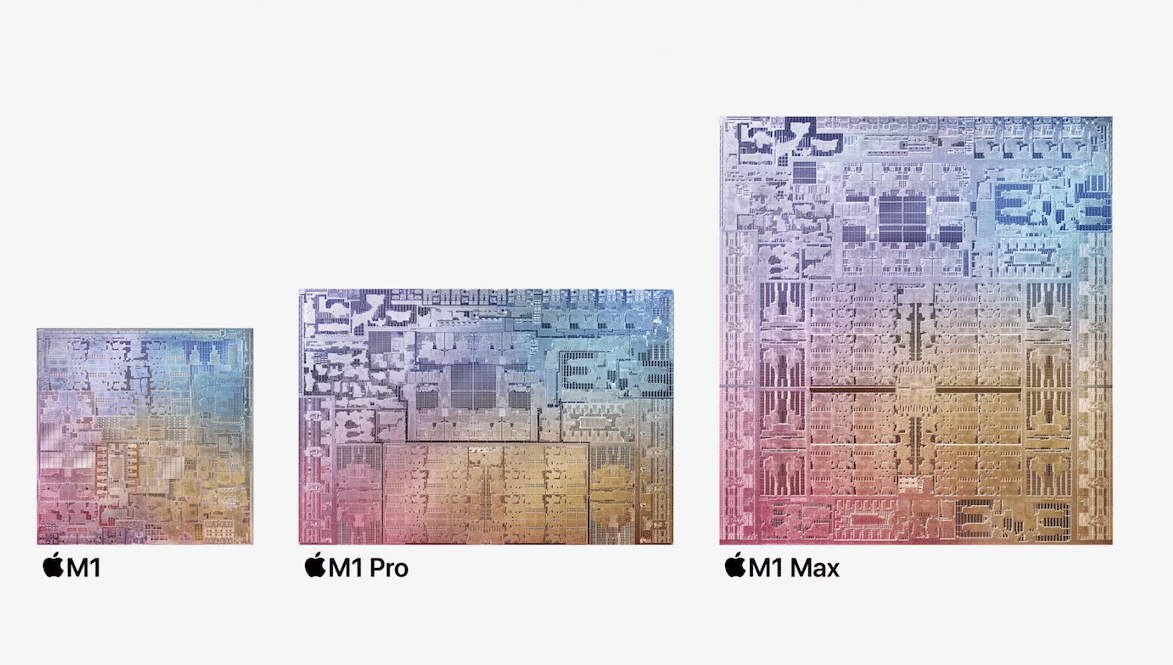Cupertino tech giant’s lead developer of Apple Silicon and T2 security processor, Jeff Wilcox has announced his departure from Apple after 8 years. More interestingly, Wilcox re-joined Intel in January 2022 to oversee the development of all Intel system-on-chip (SoC) designs.

In 2020, Apple announced and commenced the 2-years transition phase of the Mac lineup from Intel processors to Apple Silicon with the launch of Macbook Air, MacBook Pro, and Mac mini powered by M1 chip later that year. In 2021, the tech company introduced M1 Pro and M1 Max chipsets for 14-inch and 16-inch MacBook Pro models. All of the Apple Silicon have received incredible reviews for their exceptional performance and incredible battery life.
The M1 chip alone outshines Intel processors in performance and power consumption by a large margin. After losing Apple’s business and the reputation of its Mac processors, Intel vowed to build even better chips than M1 Apple Silicon and now the company has brought on the brains behind its toughest competition.
Former Apple Silicon lead developer joins Intel as Design Engineering Group CTO, Client SoC Architecture
On his LinkedIn page, Wilcox wrote that he is proud of his accomplishments at Apple, especially the Mac lineup’s transition to Apple Silicon, and will miss his friends at the company. He added that he is excited for the new road and challenges ahead as he takes on the role to develop Intel SoC.
“After an amazing eight years I have decided to leave Apple and pursue another opportunity. It has been an incredible ride and I could not be prouder of all we accomplished during my time there, culminating in the Apple Silicon transition with the M1, M1 Pro and M1 Max SOCs and systems. I will dearly miss all of my Apple colleagues and friends.”
“I’m pleased to share that I have started a new position as Intel Fellow, Design Engineering Group CTO, Client SoC Architecture at Intel Corporation. I could not be more thrilled to be back working with the amazing teams there to help create groundbreaking SOCs. Great things are ahead!”

Recently, Intel claimed that its new Core i9 chip was faster than the M1 Max chip but a deeper investigation of that claim proved otherwise. Some examples are as the following:
Intel’s newest 12th generation Intel Core H-series processors are based on the Alder Lake platform and the Core i9-12800HK part in the benchmark features six performance and eight efficiency cores. On the other hand, the M1 Max features eight performance and two efficiency cores. This gives the Core i9 more cores to work with, which is important when you compare a benchmark that favors multiple cores. Intel’s benchmark of choice is SPECint here.
While Intel is comparing power-performance, it has especially ignored showing performance below 35 watts for both chips, where the M1 Max chip will likely perform better than the Core i9 chip.
The performance of Core i9 in a real-world setting is yet to be seen.
Read More: